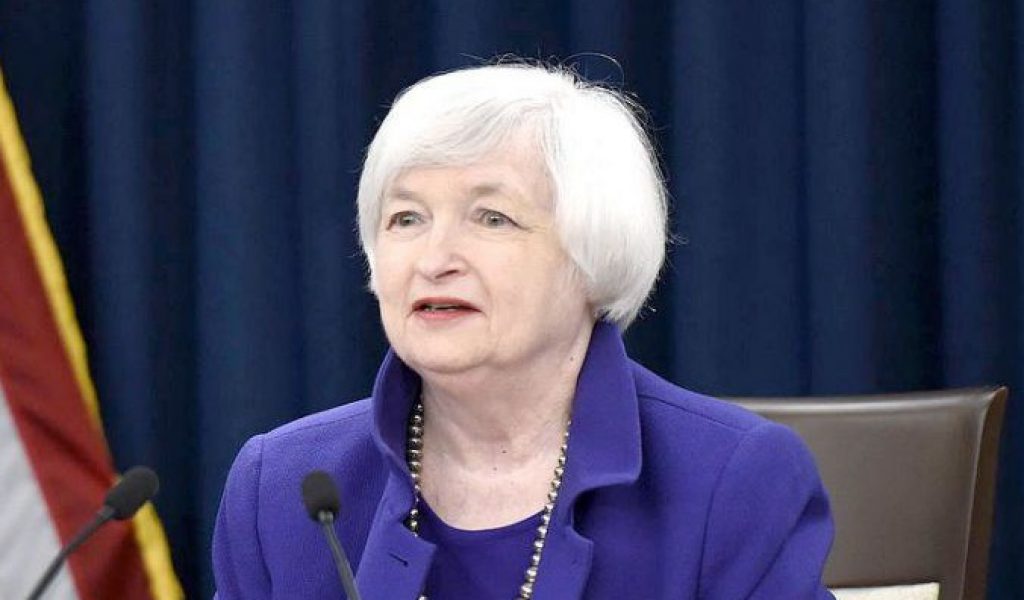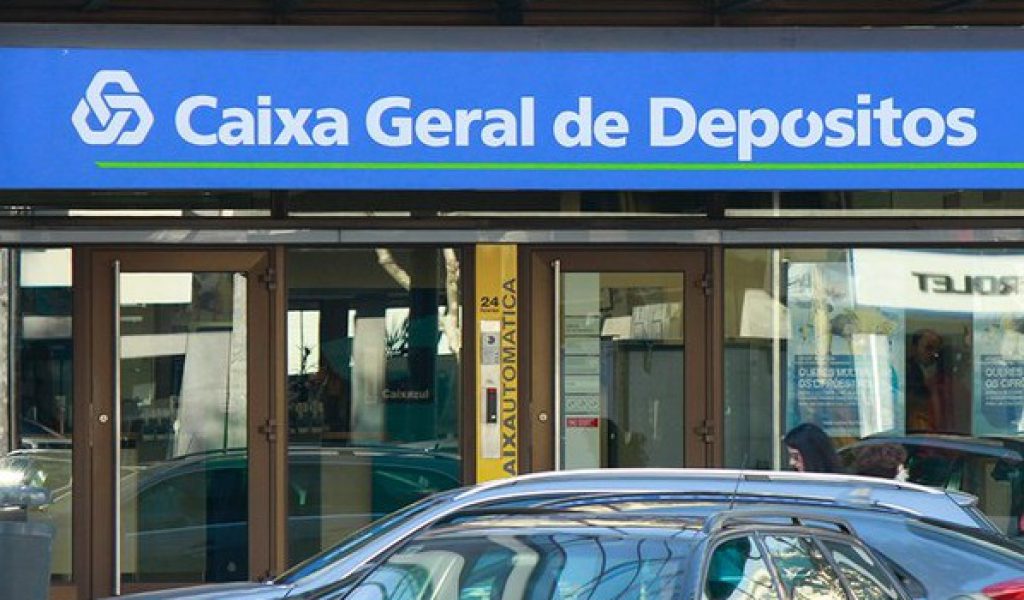Yellen: rate-hike is coming but not immediately
Janet Yellen, number one of the Federal Reserve, said during the symposium in Jackson Hole, which rate-hike will be if the macro data should confirm the outlook prepared by the Fed. Therefore she has opened the doors to the long-awaited increase for interest rates, but did not announce the date.
The Chair of the Fed left no doubt to be reasonably satisfied with the economic developments. "If the growth was not fast, was sufficient to generate further improvements in the labor market," she pointed out, that is, driving out the concerns that had held back the hands of the Central Bank in the first half of the year when GDP up by 1 % – the second-quarter performance was yesterday revised downward to 1.1% from 1.2% – and a slowdown in job creation had been added to global uncertainties such Brexit and the Chinese slowdown.









